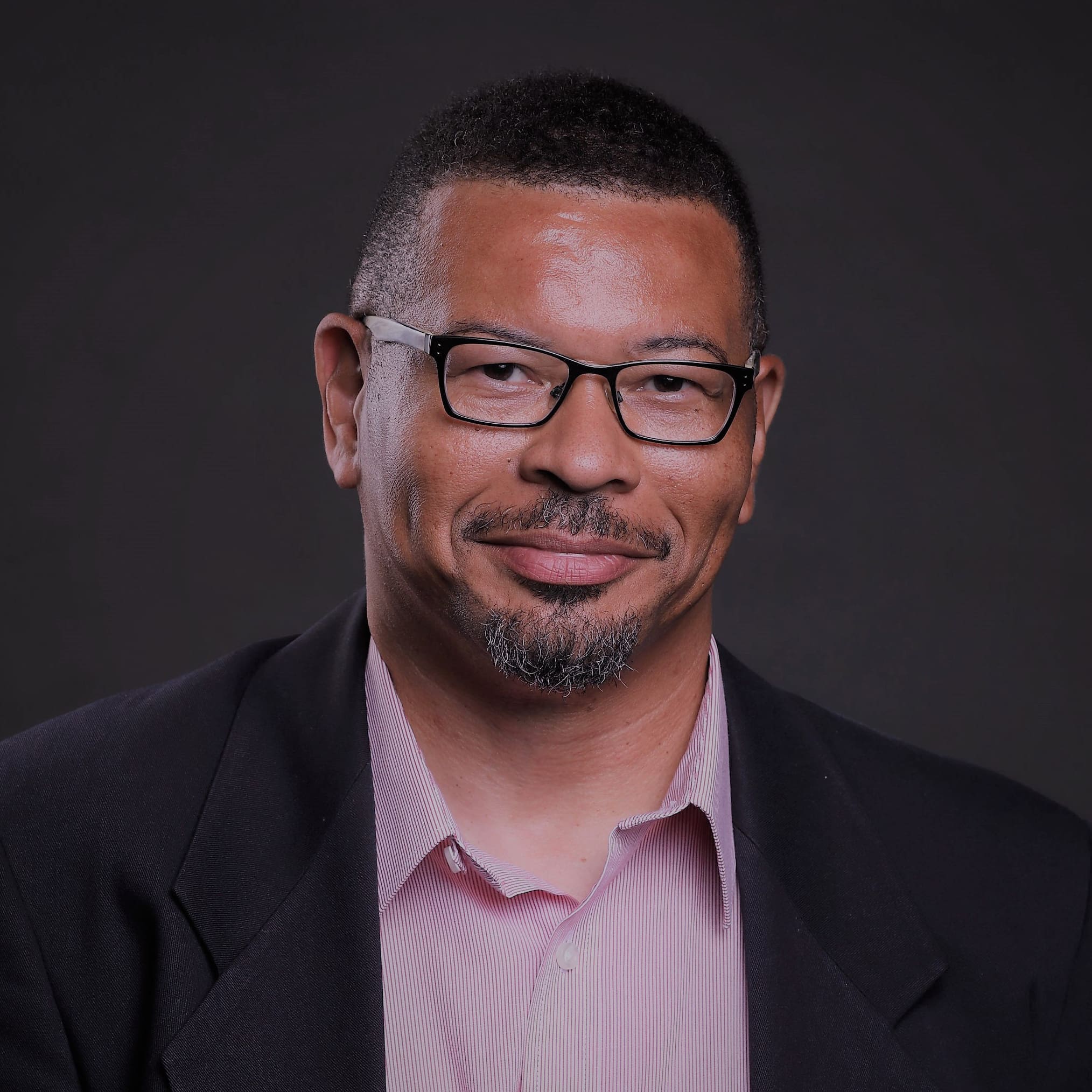Dear Tiffany,
Your time in college is one of the most unique periods in your life. I remember it as being full of wonder, challenge, and great friendship; I hope your experience is even better. As you look at the future, you‘re curious about what it might mean to have the life of a scholar as your vocation. I’m happy to offer some words of encouragement to you to help you along the way.
First: you have “permission” to dedicate your life to scholarly and intellectual pursuits. I start here because I know that some Christians who consider this path can experience ambivalence or distress, because they come from Christian traditions that encourage more “active” forms of vocation and regard the scholarly path with suspicion. It’s true that, as Christians, we believe a gospel that commands us to an active faith expressed by a witness that leads others to our Saviour and performs acts of piety and service. Yet, it is also true that we are called to love God with our whole person, including our minds. The scholarly life is not contrary to faithful discipleship. Indeed, in your case, it may be one of the most significant elements of a fully-devoted life as you steward the tremendous intellectual gifts God has given you. As you wrestle with ideas and make contributions to your field, you bring God joy, because this is time well-served. And don’t forget: God has given his church an abundant variety of gifts—some more specifically active, and some more reflective. We need you to use the gifts God has given you; resist the temptation to be someone else.
Perhaps more perplexing is the question of loyalty. What does it mean to be a “black” scholar? How do you have a proper sense of your identity? When I first began my doctoral studies, I vowed to myself that I would avoid “doing the black thing.” I wanted to resist being pigeonholed as one who did what was expected and had a scholarly emphasis tied to racial or ethnic concerns. I wanted to be regarded as a “theologian,” not a “black theologian.” Similarly, when I began my teaching career, I intentionally avoided bringing up matters of race because I wanted to avoid what I thought others might expect of me.
Now, I know it is unnecessary to completely avoid matters of race, and I seize opportunities to help my students think through the complexities of race when they arise. Doubtless, some voices will tell you that you must focus on something related to race because of the need to counter the corrosive and pervasive effects of modern race consciousness, and others will tell you to “play the scholarly game” in your field and wait a while before risking making any waves by bringing race into the equation. My advice is to first recognize that your first allegiance is to God who has given you your gifts. This is not a move that denies your humanity and culture, but a matter of primary loyalty. Your ethnic heritage is very important, but it should not be an object of worship; don’t reject the hegemony of “whiteness” by replacing it with a mythic notion of “blackness.” We can easily be tempted to trade one idolatry for another. If your studies lead you to a focus tied to ethnic identity in some way, go for it. But don’t feel like you are a traitor if your focus is elsewhere.
One thing you will discover as you head down the scholarly path is that the world will seem to grow larger and larger. The acquisition of knowledge and scholarly acumen will appear like a large mountain that ascends into the clouds. This will cause both wonder and despair—wonder, because you will bubble with excitement at all the intellectual delights (like a kid in a candy store), and despair, because there’s enough to explore for several lifetimes. On many occasions you will be aware of the gaps in your knowledge, even as your own expertise grows. The temptation may come to spend lots of time filling in the gaps, but I recommend a strategy I learned from Miroslav Volf: as you pursue your areas of scholarly interest, fill in the gaps in knowledge that arise while you address the questions that comprise your scholarly quest.
Where should you work? Christian institutions? Liberal arts colleges? Research universities? I recommend learning about what makes these kinds of institutions distinctive, even as you discern how much you desire to give more weight to teaching or research.
Before I sign off, some final words. There may be moments when you wonder if your writing and teaching really matters. When this occurs, remember that scholarly pursuits are faithful expressions of our engagement with God’s amazing creation. As I said earlier, it is one way that you faithfully follow Jesus.
I pray that God will be with you, guiding you to a life of faithfulness marked by flourishing in your every area of your life.
Peace to you,
Vincent Bacote

